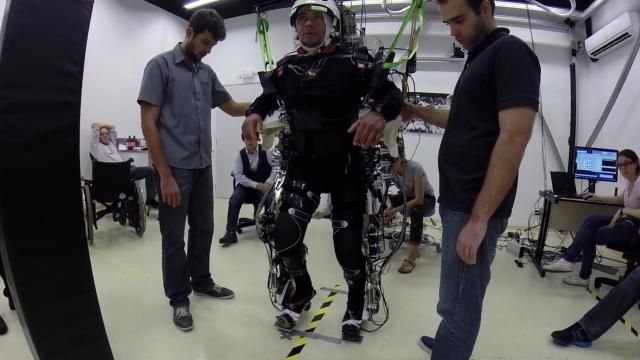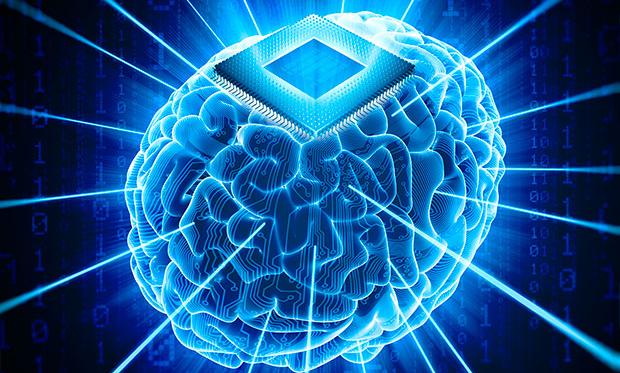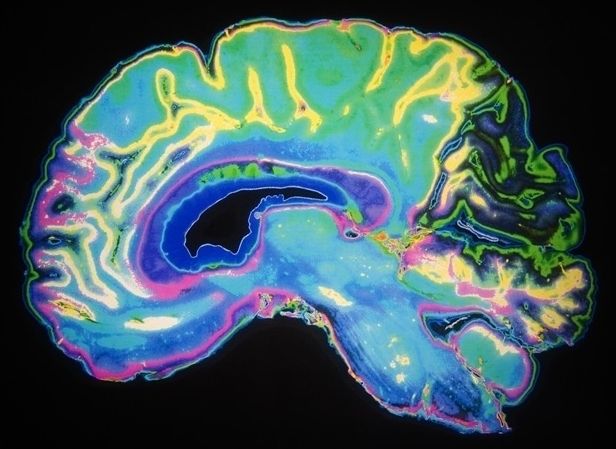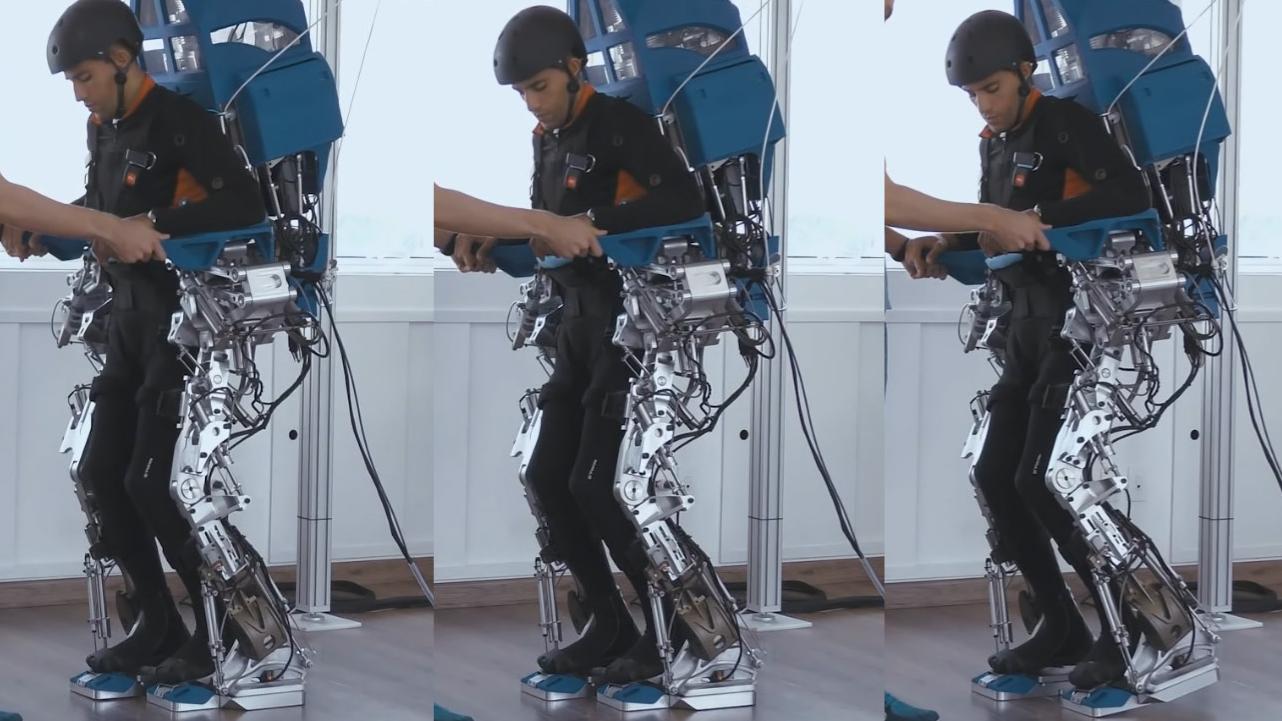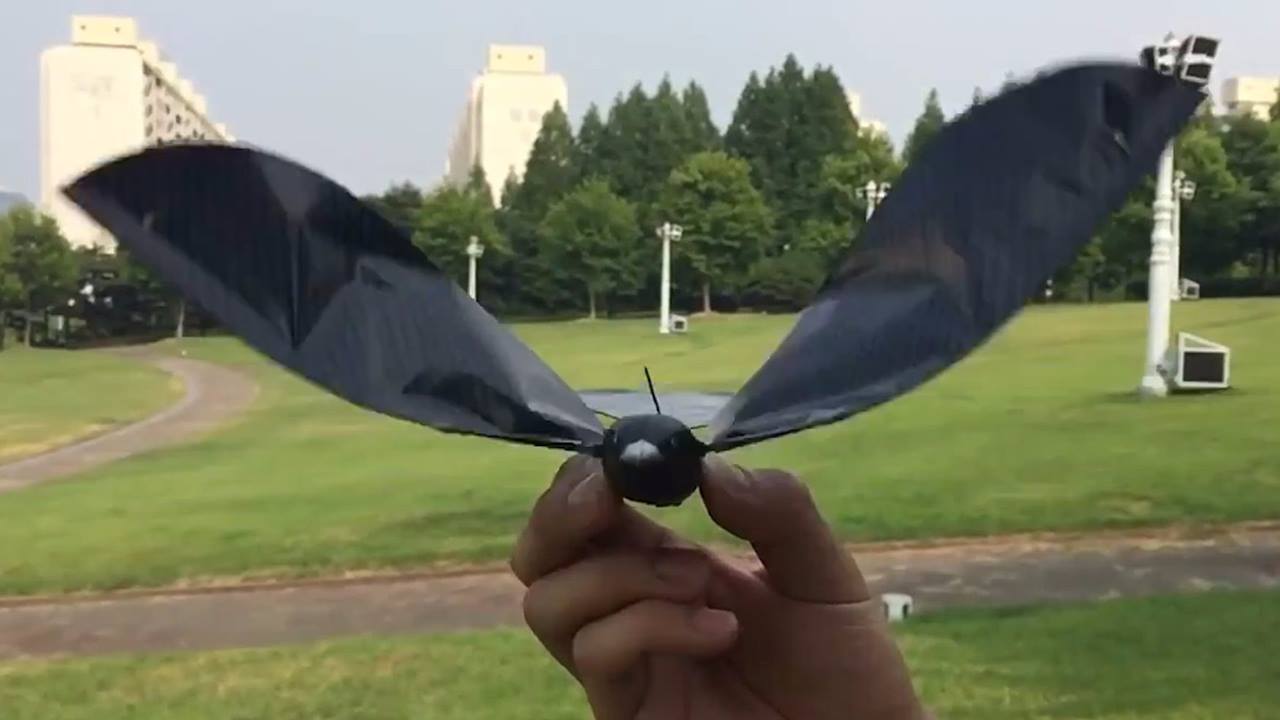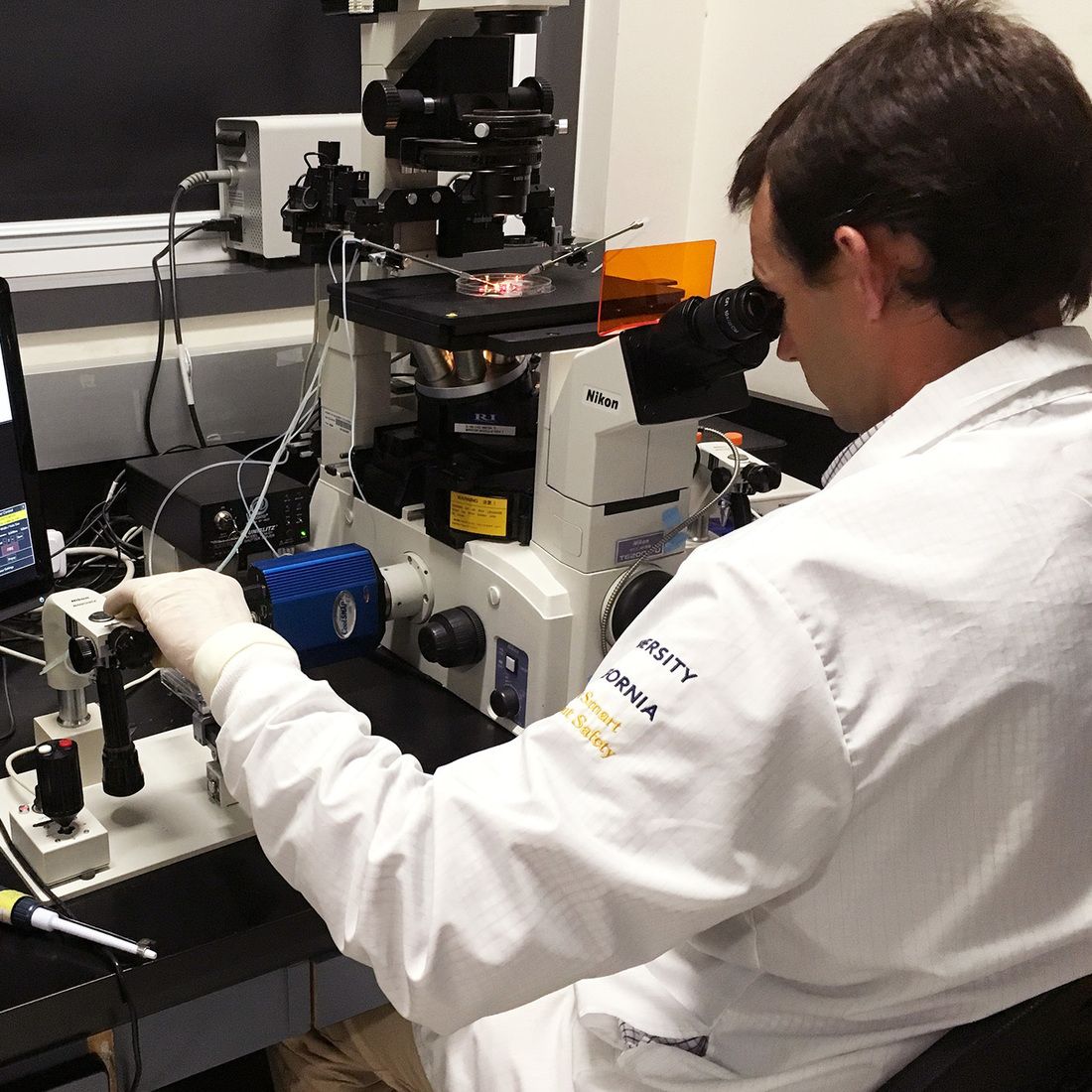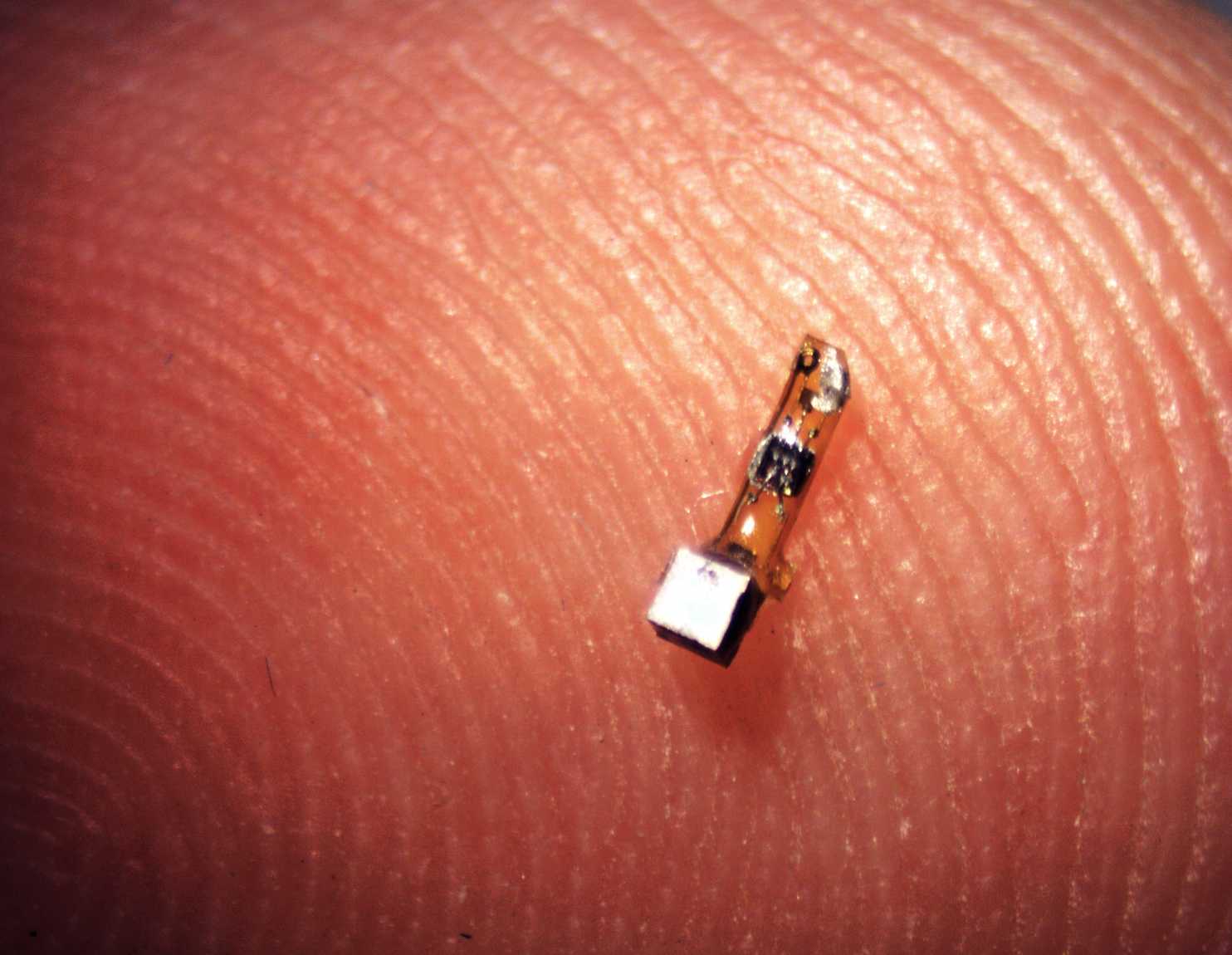Archive for the ‘cyborgs’ category: Page 110
Aug 19, 2016
Bionic Woman: Humans+
Posted by Albert Sanchez in categories: biotech/medical, cyborgs, transhumanism
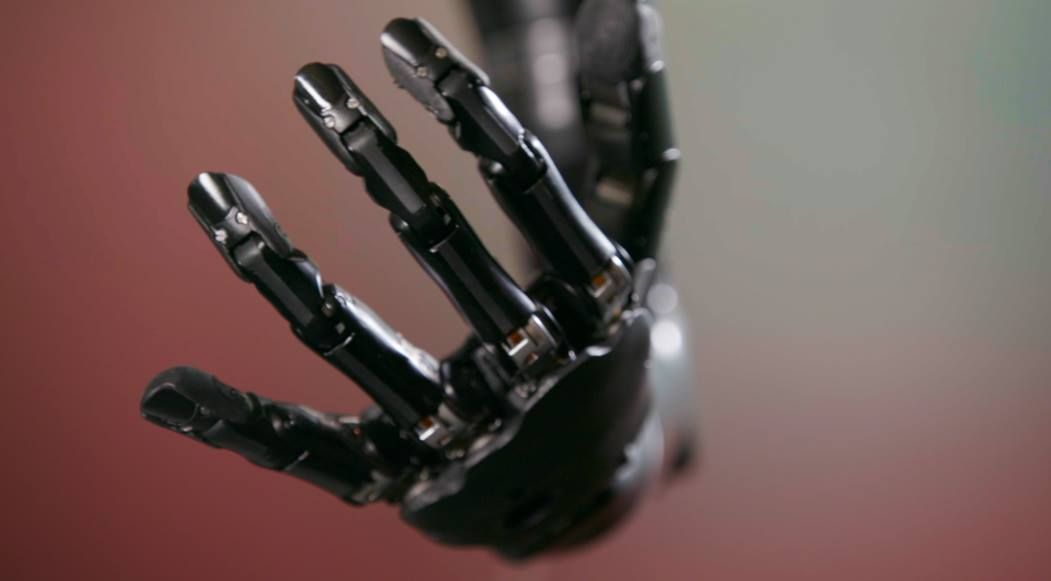
Motherboard visits a woman using one of the most advanced prosthetic limbs in the world—one that can touch and feel like a flesh-and-blood hand. Full video: http://bit.ly/2b6JS9W
Aug 18, 2016
New Startup Aims to Commercialize a Brain Prosthetic to Improve Memory
Posted by Elmar Arunov in categories: biotech/medical, cyborgs, neuroscience
Kernel wants to build a neural implant based on neuroscientist Ted Berger’s memory research.
Aug 11, 2016
Long-term brain-machine interface use could lead to recovery in paraplegic patients
Posted by Karen Hurst in categories: biotech/medical, cyborgs, engineering, neuroscience, robotics/AI
I know so many people who will benefit from this.
During the 2014 FIFA World Cup opening ceremony, a young Brazilian man, paralyzed from the chest down, delivered the opening kickoff. He used a brain-machine interface, allowing him to control the movements of a lower-limb robotic exoskeleton.
This unprecedented scientific demonstration was the work of the Walk Again Project (WAP), a nonprofit, international research consortium that includes Alan Rudolph, vice president for research at Colorado State University, who is also an adjunct faculty member at Duke University’s Center for Neuroengineering.
Aug 11, 2016
Paralysed patients move limbs after virtual reality training
Posted by Carse Peel in categories: biotech/medical, cyborgs, neuroscience, robotics/AI, virtual reality
Eight completely paralysed people have regained function in their limbs following virtual reality training, in an accidental result that has astonished even the scientists involved.
Using a brain-machine interface, scientists showed that people with long-term severe paralysis could retrain the few remaining connections in their damaged spines, letting their brains talk to their extremities once more. This enabled them to feel sensation, move their limbs and improved their bladder and bowel control.
The results came about as a wholly unexpected side effect of training to help people use robotic exoskeletons, which let them walk upright.
Continue reading “Paralysed patients move limbs after virtual reality training” »
Aug 11, 2016
Bionic Bird drone looks and flies just like a bird
Posted by Shailesh Prasad in categories: cyborgs, drones, transhumanism
Aug 11, 2016
The Chimera Quandary: Is It Ethical To Create Hybrid Embryos?
Posted by Carse Peel in categories: biotech/medical, cyborgs, genetics, health, policy
In Greek mythology, the Chimera is a monster that is part lion, part goat and part snake. Far from reality, sure, but the idea of mixing and matching creatures is real — and has ethicists concerned.
That’s because last week, the National Institutes of Health proposed a new policy to allow funding for scientists who are creating chimeras — the non-mythological kind. In genetics, chimeras are organisms formed when human stem cells are combined with tissues of other animals, with the potential for creating human-animal hybrids.
Continue reading “The Chimera Quandary: Is It Ethical To Create Hybrid Embryos?” »
Did you know…individual motors in each finger are positioned to optimise weight distribution – making the hand feel lighter and more comfortable.
Aug 5, 2016
Facebook Live: Deus Ex 3D Printed Bionic Arm
Posted by Shailesh Prasad in categories: 3D printing, biotech/medical, cyborgs, transhumanism
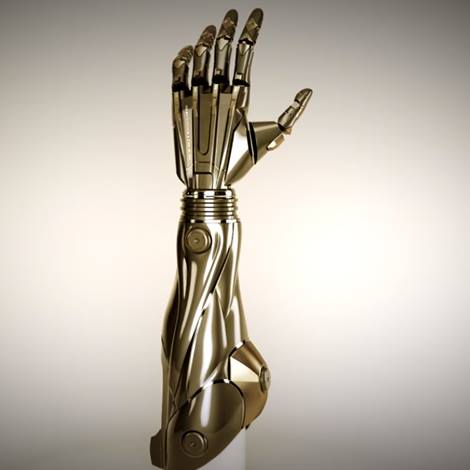
Open Bionics prosthetic arm.
We’re live with Open Bionics and we’re checking out their insanely cool Deus Ex prosthetic arm.
Aug 4, 2016
Engineers implanted tiny sensors in rats’ nerves and muscles. Are humans next?
Posted by Karen Hurst in categories: biotech/medical, computing, cyborgs, health
The benefits of the technology for humans, while still largely hypothetical, are promising. The sensors could allow physicians to monitor the health of organs, create new therapies for neurological disorders, and help the physically impaired to control prosthetics.
While chips have been implanted in humans and other animals before, these sensors mark a significant improvement because they are small, wireless, batteryless, and could last in the body for years without degrading, said Michel Maharbiz, the associate professor who devised and studied the sensors alongside neuroscientist Jose Carmena.
“Hopefully the [tiny sensors] demonstrate a new direction for the field, and then you could build the consensus that’s needed to drive these forward,” Maharbiz said.
Continue reading “Engineers implanted tiny sensors in rats’ nerves and muscles. Are humans next?” »
